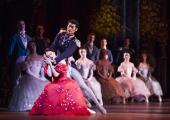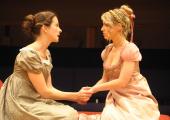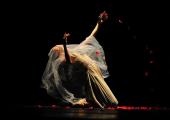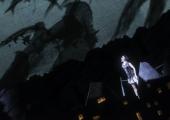Onegin, Royal Ballet

Cranko's adaptation of Pushkin offers plenty of character and intrigue
The habit among ballet critics of being simultaneously down on John Cranko's 1965 Onegin and up on Kenneth MacMillan's 1974 Manon is a curious one. The two have many similarities, from their basis in novels that became operas (though Prévost's Manon Lescaut antedates Pushkin's verse Eugene Onegin by a century), through their patched-together scores that don't actually use the Massenet/Tchaikovsky operas, to the knotty questions of morality and culpability that attend their titular characters.









